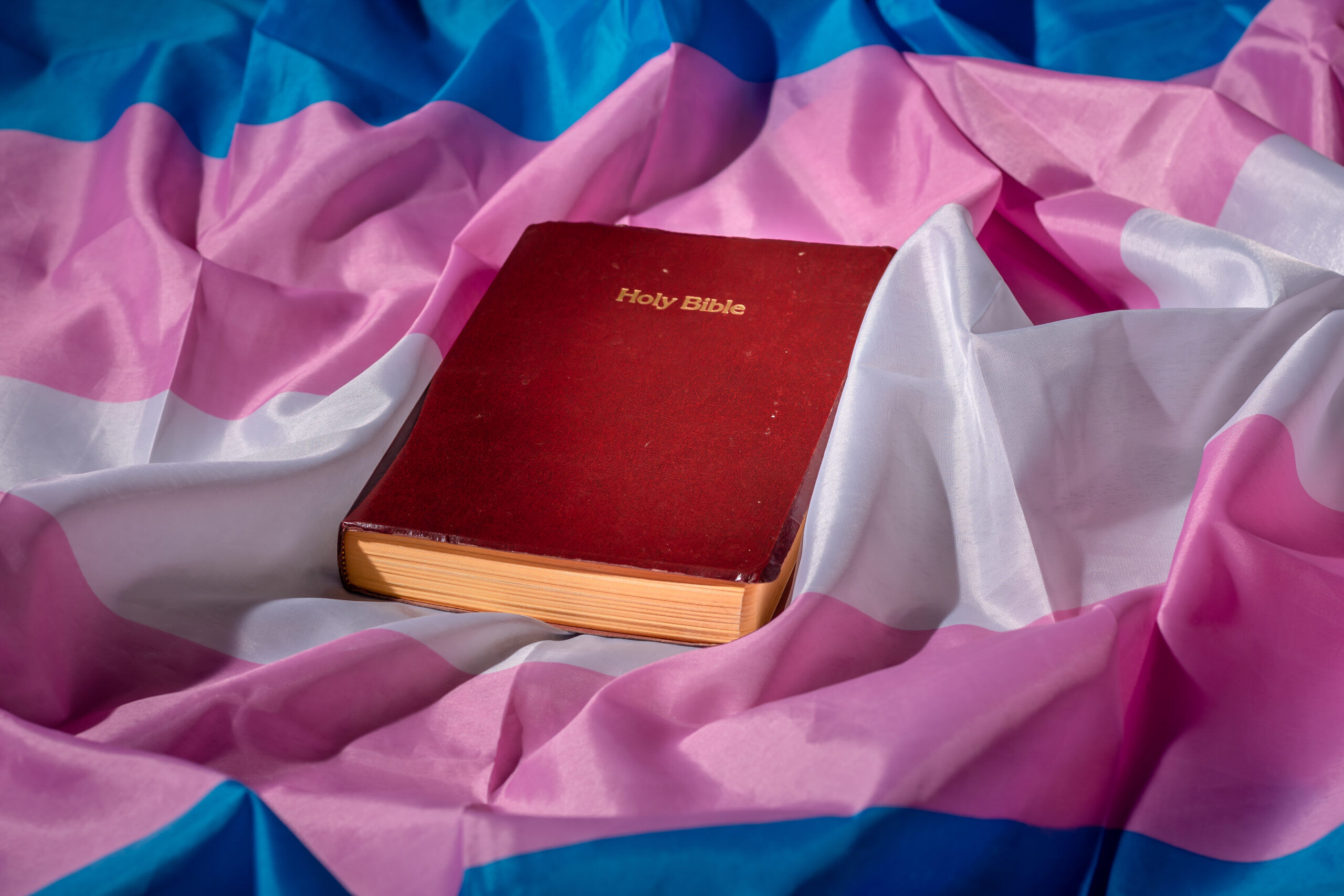Right-wing evangelical website The Gospel Coalition recently published an anonymous essay by the Christian father of a trans child, and it is one of the most depressing things you may ever read.
The title says it all: “I Love My Transgender Child. I Love Jesus More.”
Related:
What does the Bible say about transgender people: An in-depth look
Let’s explore what the Bible says about transgender people, its general perspective on gender and identity, and common misinterpretations.
Of course, those of us who work in media know that writers almost never choose the titles of their own stories, so this could be a sensationalist, clickbait-y misrepresentation of the way this guy actually feels, right?
LGBTQ+ news you can rely on
Keep track of the ongoing battle against bias and for equality with our newsletter.
Yeah, not so much.
The anonymous author spends the entire essay moaning about the cross he’s had to bear since his 18-year-old daughter—whom he misgenders throughout—came out as trans. He writes about how it has affected him and his faith, but largely refuses to interrogate the impact of his own rejection of his trans daughter has had on her.
Echoing the false “social contagion” narrative proliferated by anti-trans bigots in conservative media, the author blames his daughter’s queer friend and LGBTQ+-affirming Christians for leading her into “sin.”
“First, an old friendship came back into our son’s life during COVID shutdowns and grew over time. This friend was moving through the spectrum of the LGBT+ community. My wife and I encouraged our son to be faithful to the Word, which included showing love and grace to his friend,” he writes. “Second, a few other people who had meaningful relationships with my son expressed to him their belief that LGBT+ lifestyles can align with Christianity.”
He goes on to explain that he and his wife have worked hard to expel this idea, refusing to accept their daughter’s identity, even in the face of her obvious distress.
“During one conversation, when we said we couldn’t use his preferred name and pronouns, he said to us, ‘Then I can’t guarantee I won’t kill myself.’ He eventually went to his room, wailing and weeping profusely. My wife and I were also crying, feeling helpless. Certainly, it’d be easier to simply call him by his preferred name and pronouns. Certainly, it’d be easier to celebrate the things he celebrates,” he writes. “In these moments, it’s hard to remember that the change he’s asking for will harm him not only spiritually but also mentally and physically.”
Except, reading between the lines, it sounds a lot like this couple’s misguided faith is actually what’s causing their daughter mental and potentially physical harm: “Last year, my son suffered severe depression and suicidal ideation, admitting himself to the ER during Christmas break,” the author writes. “It was the bleakest Christmas my family had ever experienced, and those weeks led to months of wondering if I would find my child dead in his room.”
He goes on to admit that his actions have led his daughter to believe her parents hate her while attempting to rationalize his narrow-minded bigotry with his own interpretation of a whole lot of Bible verses.
“Your love for Jesus can be viewed by your family, even your children, as hatred,” he writes. “The reality is that my wife and I love our son, and we’ve always wanted to love what he loves because we love him. Yet in this, we couldn’t affirm him. We couldn’t ‘delight in evil.’ We had to ‘delight in the truth’ even if our son felt like our love was actually hatred.”
Seems like there should be a term for “love” that feels like hatred. Oh, wait, there is: emotional abuse.















